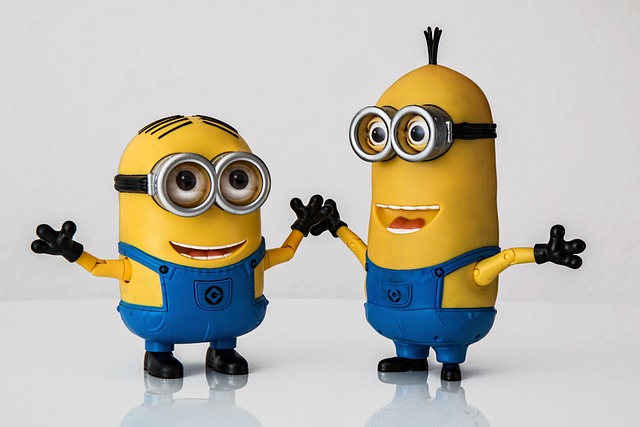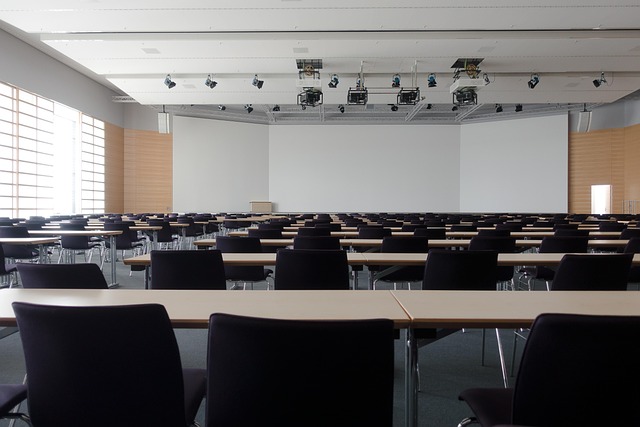
Exploring the Impact of War Films on Modern Entertainment and Culture
Exploring the Impact of War Films on Modern Entertainment and Culture
War films have long held a significant place in the landscape of modern entertainment, captivating audiences with their gripping narratives and intense portrayals of human conflict. From heart-pounding battle sequences to deeply personal stories of sacrifice and camaraderie, these films offer more than just entertainment; they serve as a lens through which we can examine the complexities of humanity, morality, and the very essence of conflict itself.
The Evolution of War Films
Over the decades, the war film genre has evolved dramatically, reflecting changes in public perception, technological advancement, and societal values. Early depictions in classic films often romanticized war, showcasing heroism and valor. However, as times have changed, contemporary war films increasingly explore the moral ambiguities and psychological toll of combat, providing audiences with a richer understanding of the realities faced by those who serve. This shift not only mirrors the changing dynamics of global conflicts but also resonates with a generation yearning for authenticity in storytelling.
Impact on Modern Entertainment
Modern entertainment is heavily influenced by the themes and narratives presented in war films. The popularity of streaming platforms has allowed for the rise of compelling war series that delve deeper into historical events and personal stories, attracting large audiences. Think of productions like Band of Brothers” and “The Pacific,” which not only entertain but also educate viewers about the harrowing experiences of soldiers. These series have found a place in the pantheon of modern storytelling, showcasing how war narratives can shape viewer perceptions and emotional responses.
Cultural Reflections and Conversations
War films do more than entertain; they ignite important conversations about culture, ethics, and the human experience. In an era where global conflicts can often feel distant, filmmakers use their craft to bring these issues closer to home, prompting discussions about patriotism, sacrifice, and the impact of war on societies. As audiences engage with these stories, they are often compelled to reflect on their own values and beliefs regarding conflict and peace, making war films a powerful cultural touchstone.
Shaping Future Narratives
As the genre continues to evolve, filmmakers are tasked with navigating sensitive topics and portraying the multifaceted nature of war. The inclusion of diverse perspectives—whether through the lens of different nationalities, genders, or historical contexts—enriches the storytelling and broadens the cultural significance of war films. This variety not only enhances the narratives but also fosters empathy and understanding among viewers, allowing for a collective acknowledgment of the shared human experience amidst the chaos of war.
In an age where entertainment is increasingly intertwined with societal issues, the war film genre remains a critical aspect of how we engage with and understand our world. Whether through heartfelt storytelling or thought-provoking commentary, war films will undoubtedly continue to shape modern entertainment and culture for years to come.



